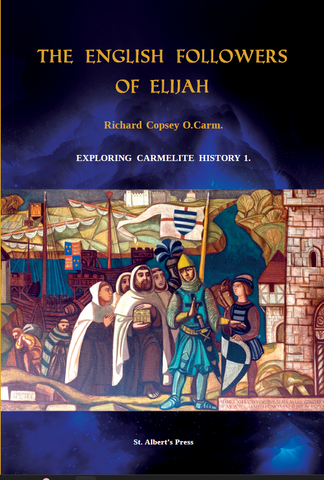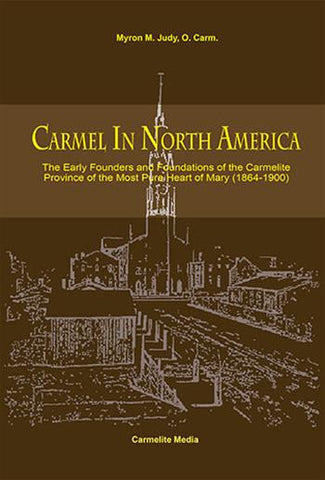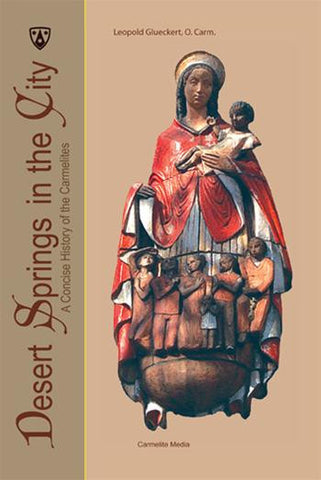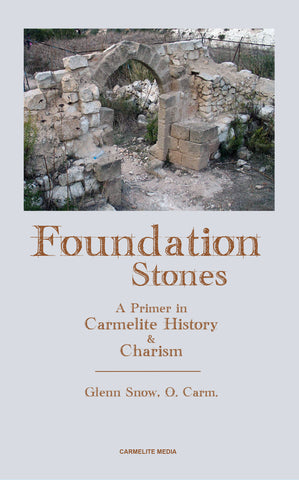
The English Followers of Elijah - Exploring Carmelite History 1
As a part of a new series of books, exploring Carmelite History, the British Province historian Fr. Richard Copsey, O.Carm has written a fascinating new book on the English followers of Elijah.
The Carmelite Order began as a small group of hermits who settled in a valley on Mount Carmel around 1200. As their numbers grew and the Holy Land became subject to increasing attacks from the Arabs, they spread westwards, making foundations in Cyprus, Messina in Sicily and then in 1242, a group reached England and settled at Hulne Priory in Northumberland and Aylesford in Kent. Over the years, the English Province flourished and reached a peak of thirty-nine houses with nearly 1,000 friars by the end of the 14th century. Then, sadly, in 1538, like all the religious orders, the Carmelites were suppressed by King Henry VIII.
During the penal days, individual Carmelites came secretly to care for those who still held to the Catholic faith but it was not until the Catholic Emancipation Act of 1829 that the Order could establish itself in England again. There are now communities of the Carmelites of the Ancient Observance at Aylesford, Faversham, Reading and Newcastle as well as our Discalced Carmelite brethren at Kensington in London, Oxford and Gerard's Cross.
In 2019, the Carmelite Provincial, Fr. Kevin Alban asked Fr. Richard Copsey to write some pen-portraits of significant friars who had flourished in the pre-Reformation years. The initial estimate was for around 12 portraits but this figure quickly grew and finally reached a total of 43 friars. Not all those described in the following pages of this book were famous and well-known, nor were they all saints or holy men. However, each of those who feature in the following chapters were interesting figures who give a glimpse of life in a religious order in the medieval period and the portraits reveal how these individuals fulfilled their religious vocation. Many of them had great talents and used them in the service to the Church and those in need whilst others found life as a friar more problematic. It is hoped that, through the stories of these individual friars, readers will gain some insight into the medieval world and the lives and beliefs of those who lived in that period.



